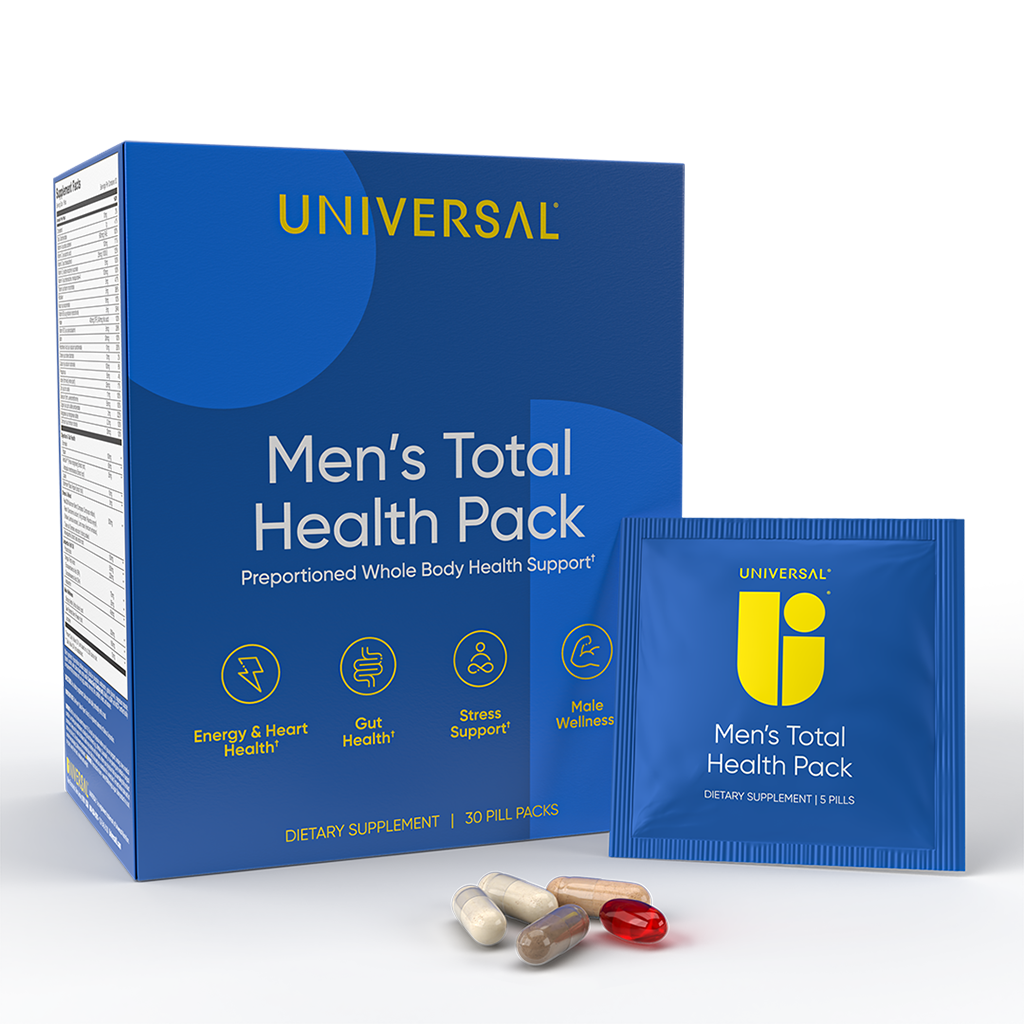When it comes to heart health, many people believe that only high-intensity cardio workouts, like sprinting or grueling HIIT sessions, can do the trick.
While these exercises certainly have their benefits, they’re not the only way to show your heart some love.
In fact, a variety of exercises, even those that feel more manageable, can significantly improve cardiovascular health. Let’s break down the myth and explore how different forms of movement can keep your heart strong.
The Truth About Cardio and Heart Health
Cardiovascular exercise, in any form, helps strengthen your heart muscle, improve circulation, and regulate blood pressure. But you don’t need to be gasping for air to reap these benefits.
Moderate-intensity activities like brisk walking, swimming, cycling, and even dancing can be just as effective (and often more sustainable!) for long-term heart health.
Understanding Cardio Zones
To get the most out of your workouts, it helps to understand your heart rate zones. These zones represent different intensity levels and the specific benefits each one provides:
Zone 1 (Very Light): 50-60% of your maximum heart rate (MHR)
Activities: Gentle walking, light stretching
Benefits: Helps with recovery and improves overall health without strain.
Zone 2 (Light): 60-70% of MHR
Activities: Brisk walking, light cycling, casual swimming
Benefits: Burns fat efficiently, improves aerobic capacity, and strengthens your heart without overexertion.
Zone 3 (Moderate): 70-80% of MHR
Activities: Jogging, steady cycling, active dancing
Benefits: Boosts cardiovascular endurance and strengthens the heart more significantly.
Zone 4 (Hard): 80-90% of MHR
Activities: Running, vigorous cycling, HIIT
Benefits: Increases speed, performance, and maximum cardiovascular capacity.
Zone 5 (Maximum Effort): 90-100% of MHR
Activities: Sprinting, all-out efforts
Benefits: Builds peak performance, but is not necessary for daily heart health maintenance.
For most people aiming to improve heart health, staying in Zones 2 and 3 is both effective and sustainable. You don’t have to push to exhaustion to make meaningful progress!
Exercises That Support Heart Health
Here are some enjoyable, heart-friendly activities that don’t require max effort:
Brisk Walking: Just 30 minutes a day can lower blood pressure and reduce the risk of heart disease.
Swimming: A full-body workout that’s easy on the joints and excellent for cardiovascular endurance.
Cycling: Cycling at a moderate pace improves circulation and heart strength.
Dancing: A fun way to elevate your heart rate while boosting mood and coordination.
Yoga: While not traditionally considered cardio, certain styles like Vinyasa flow increase heart rate and improve overall cardiovascular health.
Strength Training: Incorporating light to moderate weights with higher repetitions can support heart health by improving circulation and reducing body fat.
Support Your Heart with Universal U
While exercise is a cornerstone of heart health, proper nutrition and supplementation can amplify your efforts. Universal U offers products designed to complement your fitness routine and support overall wellness:
Total Health Packs: Simplify your health regimen with five powerful complexes in one convenient daily sachet. These packs support cardiovascular health, boost energy levels, and help you recover faster from workouts, making it easier to stick to your heart-healthy goals.
Mobility & Bone Support: This 12-in-one sachet combines glucosamine, chondroitin, MSM, collagen, and essential vitamins like C and K2 to promote joint flexibility and bone health. Keeping your joints healthy ensures you can stay active and maintain a consistent cardio routine.
Final Thoughts
Improving your heart health doesn’t have to mean pushing yourself to the limit with every workout. In fact, incorporating moderate, consistent movement into your routine is often more effective and sustainable.
By understanding your cardio zones, choosing exercises you enjoy, and supporting your body with Universal U’s supplements, you can keep your heart strong without the strain.
So, next time you’re tempted to skip a walk because it doesn’t feel “intense” enough, remember: your heart appreciates every step!

